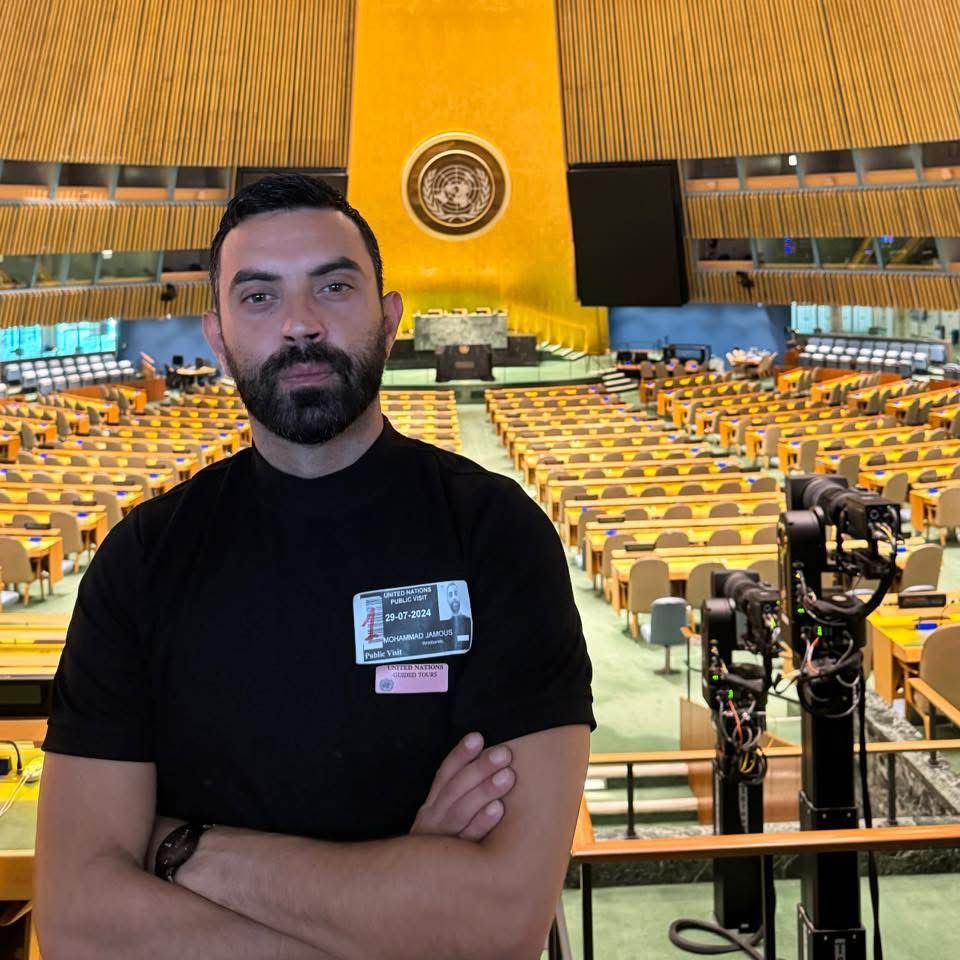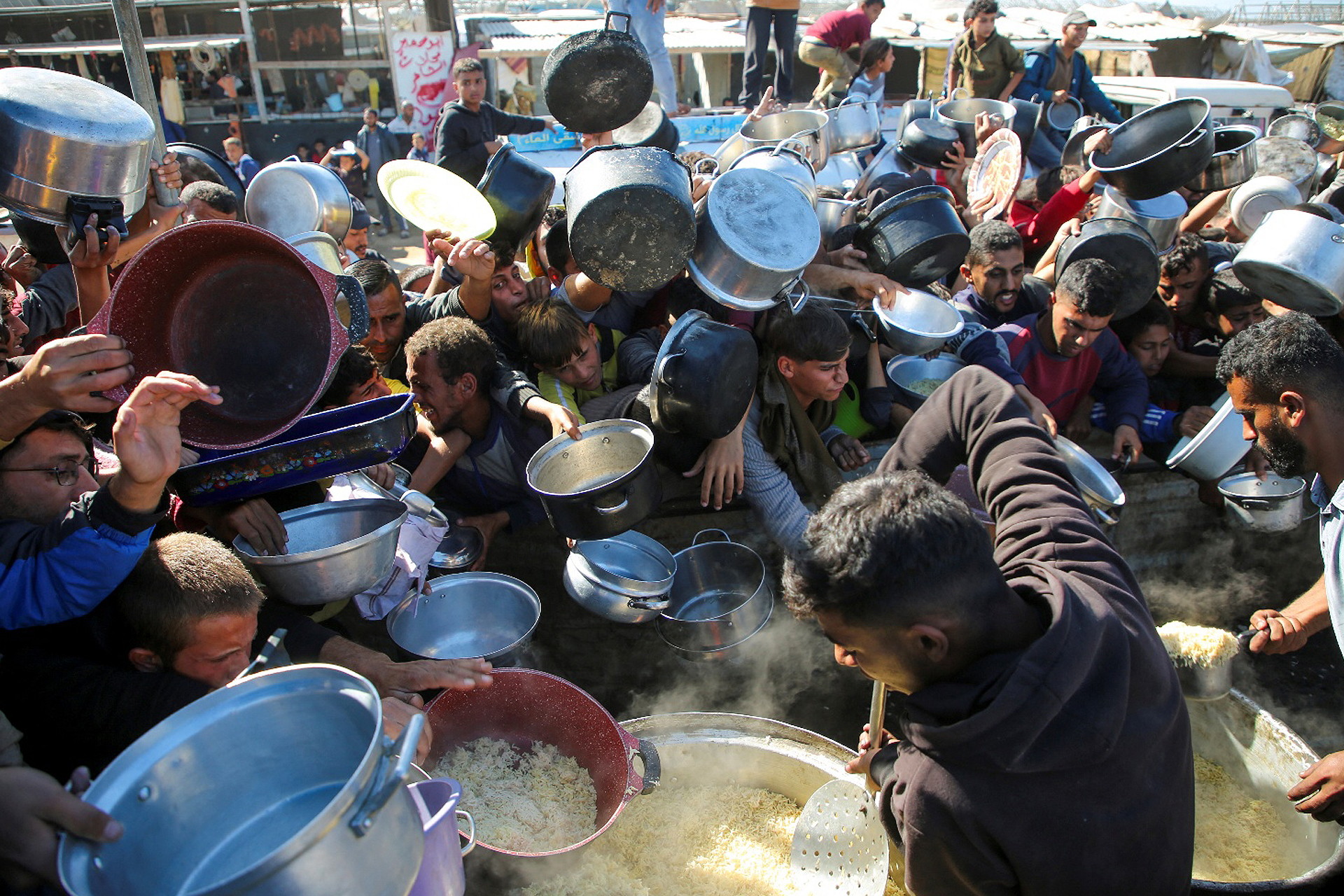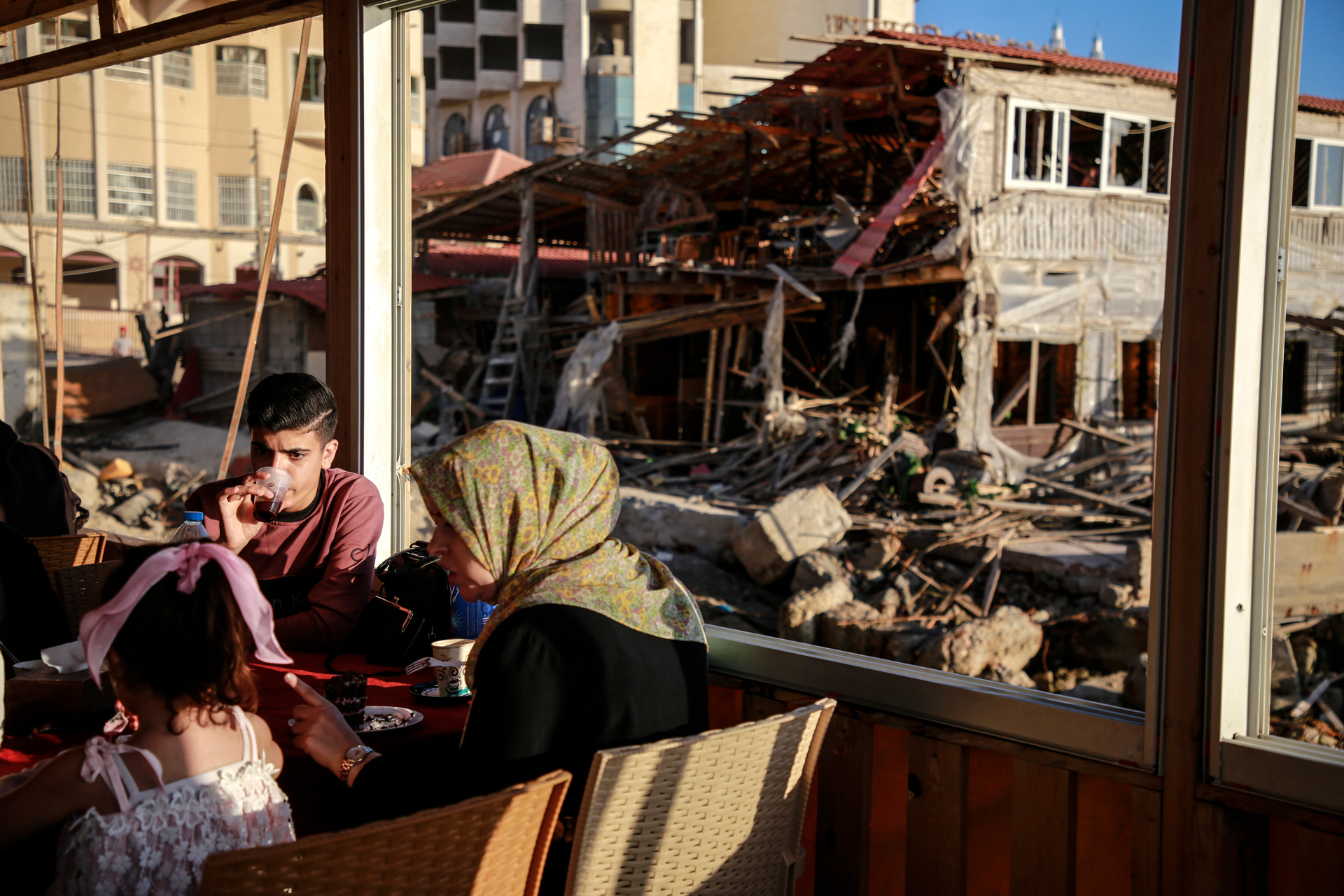The concept of government, legal, and community-related accountability has often been sidelined in Palestinian political spaces. That has had dire consequences for our struggle, as Palestinians, against occupation and for establishing our Palestinian state.
The lack of accountability has enabled leaders with personal agendas to hijack Palestinian people's efforts, leading to violence and unfulfilled dreams. This has undermined our aspirations for statehood and perpetuated a cycle of suffering.
The tragic events of October 7, 2023, when Hamas launched a brutal attack primarily targeting civilians, starkly illustrate the urgent need for accountability within our resistance movements. This act was a tactical and moral failure that set our struggle back significantly. Without accountability, we risk losing not only our cause but also our humanity. And, without accountability, our leadership will continue to prioritize personal ambitions over the collective good, leading to further fragmentation and death.
It is imperative that we critically examine the actions of Palestinian leaders, hold them accountable for prioritizing their personal agendas, and demand a national program rooted in transparency and responsibility. We must press for a new path forward, one that ends in the fulfillment of the aspirations of the Palestinian people.
The consequences of unaccountable leadership
The Palestinian struggle, throughout history, has been manipulated by leaders pursuing personal agendas, undermining the collective aspirations of our people. This has resulted in the loudest voices often drowning out moderate perspectives.
The PLO and Fatah
The Palestinian Liberation Organization (PLO) was the first recognized political body representing Palestinians. After its establishment in 1964, the PLO was primarily dominated by the Fatah political party, led by Yasser Arafat. Arafat became the chairman of the PLO in 1969, a position he held for thirty-five years until his death in 2004 without having to face an election. Arafat’s leadership was marked by corruption and mismanagement within the PLO. Billions of dollars in international aid were unaccounted for and stolen, preventing Palestinians from accessing the economic opportunities and support they desperately needed. Arafat himself died with a net worth of nearly one billion dollars, having faced no accountability, in stark contrast to the suffering of the Palestinian people.
While the Oslo Accords signed in 1993 were a significant step toward peace, the accords also showed how Palestinian leaders were able to manipulate the peace process to retain power. This manipulation led to failures from Palestinian leaders to communicate the agreements' implications or accompany the signature with a real-world plan to implement it, resulting in widespread disillusionment and a practical collapse of the agreement today.
Since the Palestinian Authority (PA) was established in 1994, Fatah has struggled to remain relevant and credible among Palestinians. The same corruption continued, depriving Palestinians of vital resources. Furthermore, according to a May 2025 poll by the Palestinian Center of Policy and Survey Research, 81 percent of Palestinians want President Mahmoud Abbas to resign. The Fatah-dominated PA has not held parliamentary or presidential elections since 2006 and offers no clear program or path to statehood, leading Palestinians to increasingly view Fatah as out of touch with their aspirations for genuine, accountable representation.
Hamas
Hamas has consistently abused its power since gaining control of Gaza in 2007, operating as a de facto authority without accountability to the Palestinian people. The organization has prioritized its militant branch and a foreign, Iranian agenda over the welfare of its own people, leading to widespread abuse of power and mismanagement of resources.
Leaders within Hamas sit on massive personal fortunes—for example, according to the Israeli government, former Hamas Political Bureau Second Chairman Khaled Mashal and his successor, Ismail Haniyeh, each at one point had an estimated net worth of four billion dollars (although estimates vary widely), and both have been accused of corruption. Meanwhile, Gazans continue to suffer from poverty and a lack of basic services. A lack of accountability has created an environment in which the leadership is insulated from the consequences of their actions. This insulation further entrenches their grip on power and diminishes the prospects for genuine representation and governance. Additionally, it has allowed Hamas to terrorize and kill Palestinians accused of collaboration with Israel or political opposition, often without due process and in dehumanizing ways, doubling the suffering of Palestinians in Gaza.
This lack of accountability has enabled Hamas to make catastrophic decisions, as shown by the group’s October 7 attack. Driven by a delusional sense of invulnerability, and having a careless attitude towards civilian Gazans, Hamas's leadership failed to consider the repercussions of the terrorist attack, provoking a harsh military response from Israel that resulted in significant and unprecedented loss of innocent Palestinian and Israeli lives and further devastation in Gaza. This reckless approach has perpetuated a cycle of violence and suffering, ultimately jeopardizing the aspirations for peace and statehood that many Palestinians desperately seek.
Unity starts with accountability
We Palestinians can escape the cycle of death, displacement, failed negotiations, and failed wars.
The journey toward a viable Palestinian state requires a renewed commitment to unity and accountability among our people. To move forward, we must prioritize bridging gaps and encouraging safe dialogue within our communities. Creating inclusive platforms to amplify diverse voices is essential. Both Palestinians and pro-Palestinian movements must embrace a wide range of Palestinian opinions, including ones that call out our own failures and the shortcomings of our leaders.
Although peace may seem distant, we must hold onto hope and actively work toward it. This requires a commitment to negotiating and compromising, fostering an environment of dialogue among various factions, and establishing mutual respect and understanding. We must push a narrative that emphasizes peace and coexistence while also being willing to confront our shortcomings.
To ensure our leaders genuinely work for the collective good, we must establish mechanisms for accountability. Demanding transparency in decision making and regular assessments of leadership performance will help prevent unchecked power and ensure that our leaders remain focused on the needs of the Palestinian people.
Palestinians are native to this land and do not seek permission to stay; however, we have always been, and still remain, in the nation-building phase. From the early days of the Zionist movement to the tragic events of October 7, and everything in between, our struggle has been a continuous effort to establish our identity and sovereignty. But successfully doing so, in the form of a nation, requires the creation of authentic and accountable governance, and it must be embraced by both leaders and the people.
The journey toward a viable Palestinian state begins with establishing accountable leadership that prioritizes the needs and aspirations of our people. Just as Palestinians are vocal in calling out Israel, they must also hold Palestinian factions and leaders to the same standard. We must learn from the past and insist that our leaders are held responsible for their actions. Our way forward must be grounded in peace, accountability, and unity.
The opinions expressed in Realign For Palestine publications are those of the individual authors and do not necessarily represent the views of Realign for Palestine, the Atlantic Council, their staffs, or their supporters.






.JPG)


